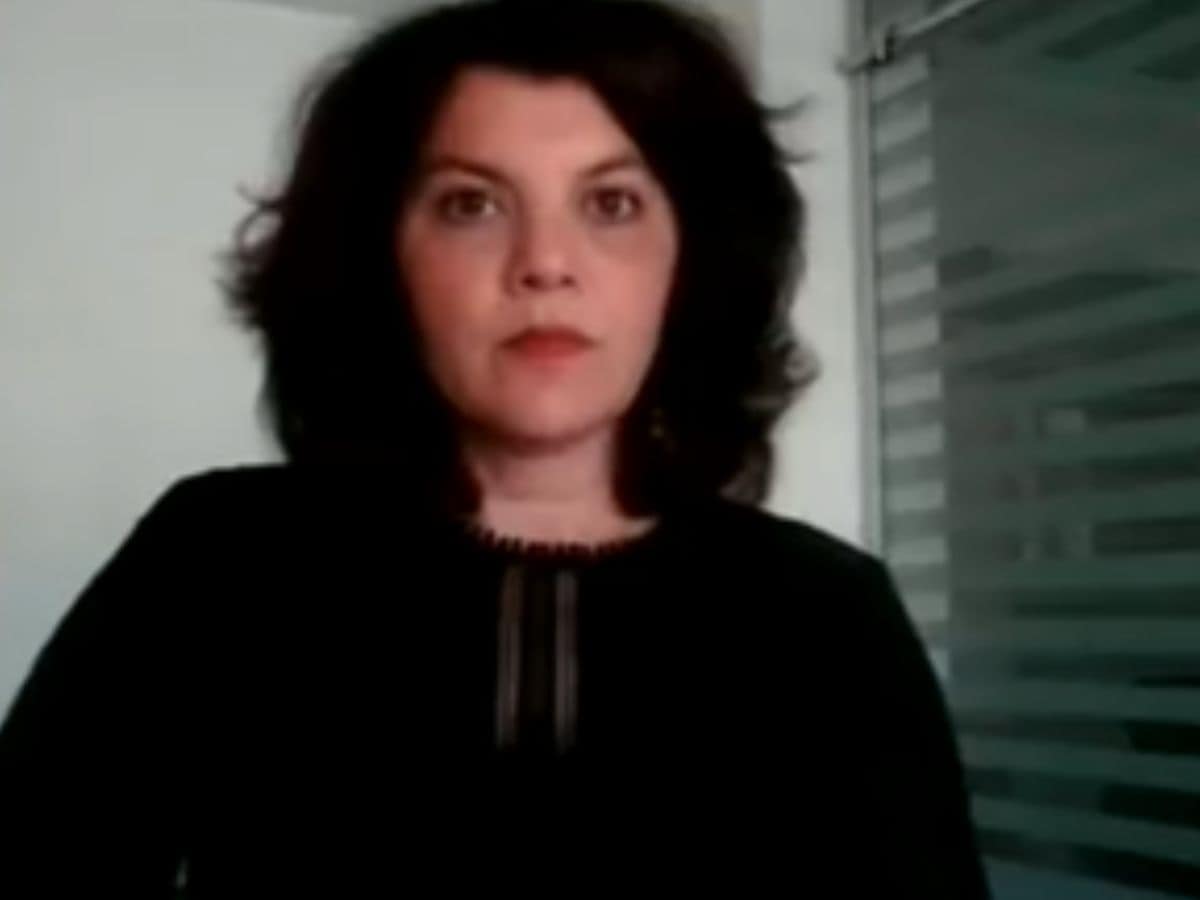
Tel Aviv: Tamara Alrifai, Director of External Relations and Communications at The United Nations Relief and Work Agency (UNRWA), on Sunday said that there is large displacement of people taking place in Gaza and the condition of hospitals remains catastrophic.
In an interview with IANS, she said incubators in hospital have stopped working due to the non-availability of fuels.
Here are the interview excerpts:
IANS: Amid the heavy shelling in Gaza, there are reports of many hospitals being attacked as well. Your comments?
Tamara: Yes, there is heavy shelling in Gaza and the people here are suffering. The UNRWA has lost 101 colleagues. There is large displacement of people taking place too. No place in Gaza is safe. The condition of the shelters and hospitals is very very catastrophic. Over 50 of our buildings have been damaged. Hospitals are also been getting attacked.
IANS: Talk about the work being done by UNRWA in Gaza?
Tamara: We have 13000 staff in Gaza alone and most of them are Palestenians. Presently, most of them are not in a position to come out and work. So only around 5000 of them are working in the field, they have put on a UNRWA jacket and are serving food to the needy. We have several mobile clinics and our staff is providing medical assistance to patients. All this is being done despite huge difficulties including loss of lives.
IANS: How many members has UNRWA lost?
Tamara: UNRWA has lost 101 members due to the present onslaught. Our minds are with the families and friends of our colleagues who have lost lives in this war. 101 casualties is a huge figure in such a short span of time and we are really worried about the security our staff members.
IANS: After international intervention, some trucks with aid materials have reach Gaza. Is this aid enough?
Tamara: The aid we have received so far is totally inadequate. Before the war began we were receiving around 500 trucks in Gaza through the Rafah crossing as well as through Kerem Shalom crossing from Israel. However, Kerem Shalom crossing is not functioning and only the Rafah crossing is open. I appeal to all concerned agencies and governments to increase our supply as we receive hardly around 50 trucks a day as aid materials which is very extremely less.
IANS: There are also reports of fuel shortage in Gaza.
Tamara: Yes, indeed. We are running out of fuel and this is affecting the health system and we urgently appeal to all agencies to provide the Gaza with the required volume of fuel so that the hospitals function properly. There are several incubators that support new born children and without electricity these incubators cannot function. We need fuel in large quantities immediately. It is to be noted that 90 per cent of the water in this area is unsuitable for drinking. With fuel shortage, there is no electricity and desalination treatment plants cannot be operated. It has led people to use contaminated water.
IANS: There are reports of huge displacement taking place in Gaza.
Tamara: Indeed there is a huge displacement that is taking place in Gaza. At least over 700,000 displaced people are in our (UNRWA) schools and shelters. There is little space to accommodate people. These are all forced displacements.
